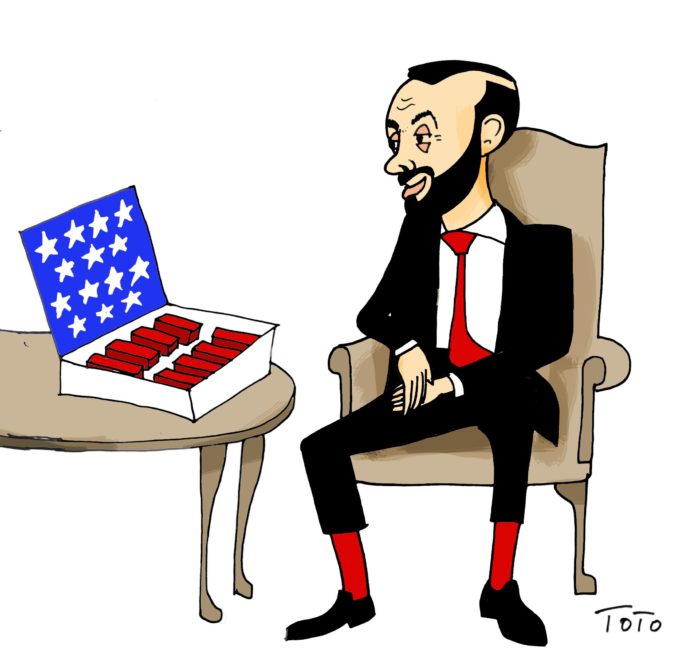Armenia’s diplomatic isolation — with its deleterious consequences — has been ascribed to its longtime foreign policy that was solely oriented toward being in line with the Kremlin. Given the political determinants in the Caucasus, Yerevan could not shape and implement a multi-vector policy essential to countries its size.
But the recent tectonic shifts in the Caucasus and Russian periphery have afforded new vistas, along with some risks. With the Russian war launched against Ukraine, Turkey’s influence has grown immensely, while the West has demonstrated renewed interest in the region, mainly to undermine Russia’s influence and eventually cut it off altogether.
Credit was given to President Ronald Reagan and Premier Margaret Thatcher for bringing down the Soviet empire, duping its leader Mikhail Gorbachev.
Today, it is a godsent political opportunity for the West to pursue, and perhaps, achieve another strategic agenda in weakening and dismembering Russia through a war of attrition in Ukraine.
It looks like the days of the Trump era are gone, when Secretary of State Mike Pompeo could cynically satirize Armenia’s woes in the 44-day war launched by Azerbaijan against it and Karabakh, stating, “I hope Armenians can defend themselves.” That page has turned, with President Biden having pledged to return to “perpetual diplomacy instead of perpetual war.”
Armenia has become one of the beneficiaries of that policy, with its foreign minister, Ararat Mirzoyan, having been accorded a warm welcome by Secretary of State Antony Blinken, during his four-day working visit to Washington May 2-6.










